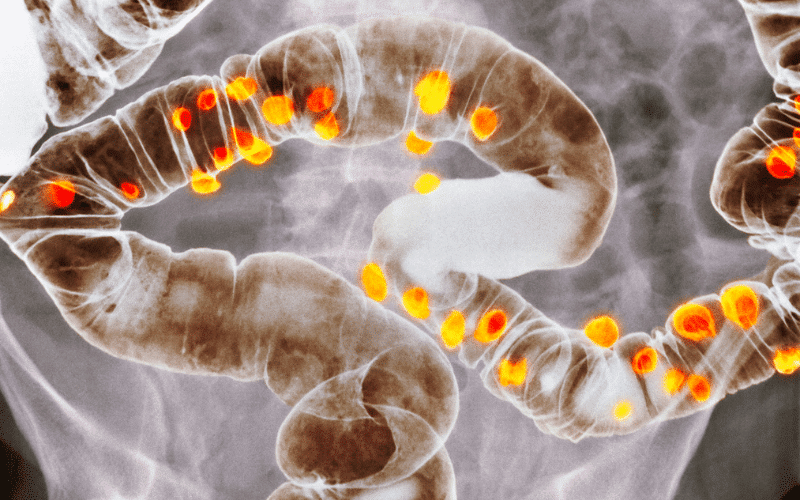FAQ

What is diverticulitis, and how does it differ from diverticulosis?
Diverticulitis is a digestive condition that occurs when small pouches called diverticula in the walls of the large intestine become inflamed or infected. Diverticulosis, on the other hand, is the presence of diverticula without inflammation or infection. Diverticulitis can cause a range of symptoms, while diverticulosis often presents no symptoms.
What are the common symptoms of diverticulitis?
The common symptoms of diverticulitis include persistent abdominal pain, changes in bowel movements (constipation, diarrhea, or alternating between the two), bloating and gas, nausea and vomiting, fever and chills, loss of appetite and unintentional weight loss, fatigue and weakness, blood in stool, disturbed sleep, and urinary symptoms.
When should I see a doctor for suspected diverticulitis?
If you experience any of the symptoms associated with diverticulitis, especially persistent abdominal pain, significant changes in bowel movements, or blood in your stool, it’s essential to consult with a healthcare professional. Early diagnosis and treatment can help prevent complications and improve your overall health.
How is diverticulitis diagnosed and treated?
Diverticulitis is typically diagnosed through a combination of physical examination, medical history, and imaging tests such as CT scans or ultrasound. Treatment for diverticulitis may include antibiotics, pain relievers, and anti-inflammatory medications. In more severe cases, hospitalization or surgery may be necessary.
Can diverticulitis be prevented?
While there’s no guaranteed way to prevent diverticulitis, certain lifestyle changes can help reduce the risk. These include maintaining a high-fiber diet, drinking plenty of water, exercising regularly, and avoiding smoking. It’s also essential to manage stress and maintain a healthy body weight.
Conclusion: Early Detection and Proactive Management
The 10 first signs of diverticulitis we’ve discussed in this article can help you recognize the early warning signs of this common but potentially serious gastrointestinal condition. By being aware of these symptoms and seeking prompt medical attention when needed, you can ensure timely intervention and treatment, helping to prevent complications and improve your overall well-being.
It’s essential to remember that if you suspect you have diverticulitis or any other medical condition, always consult a healthcare professional for a proper diagnosis and appropriate treatment. With early detection and proactive management, you can maintain a healthy digestive system and enjoy a better quality of life.